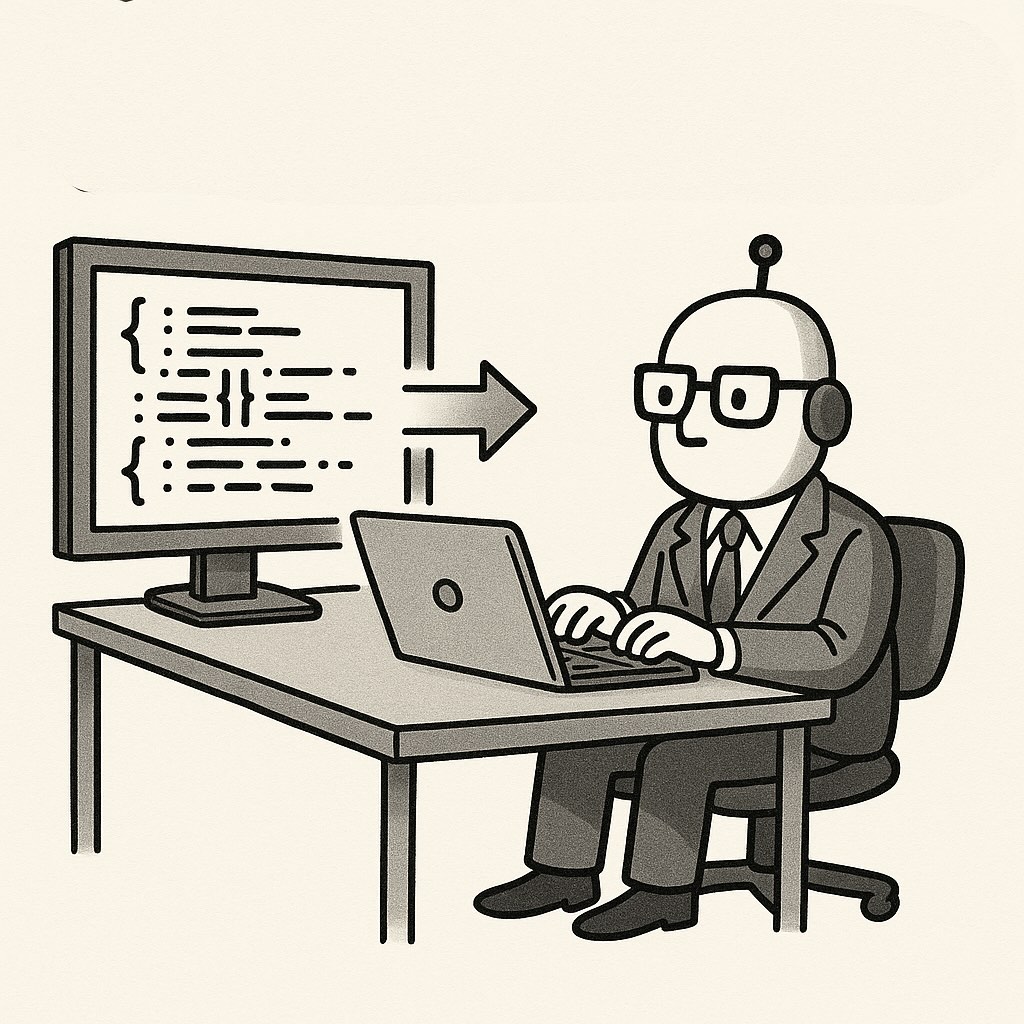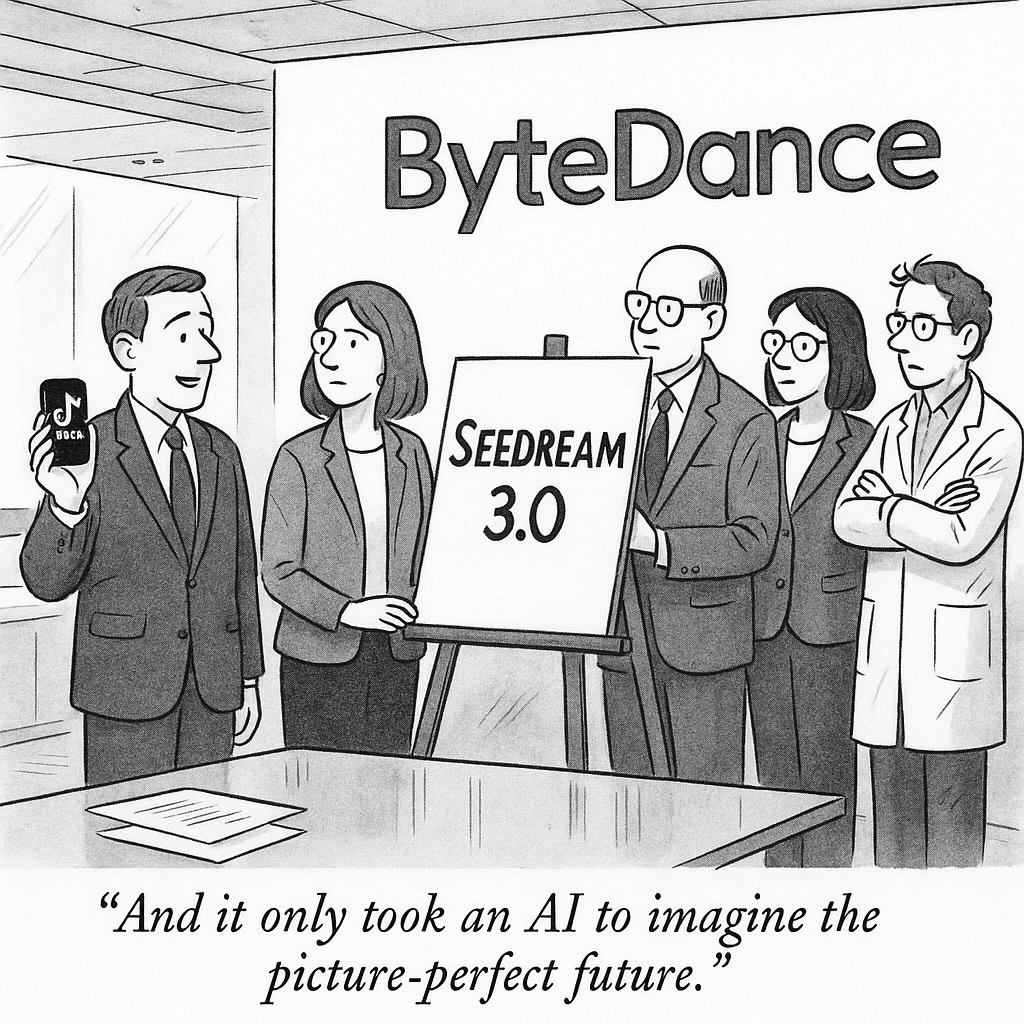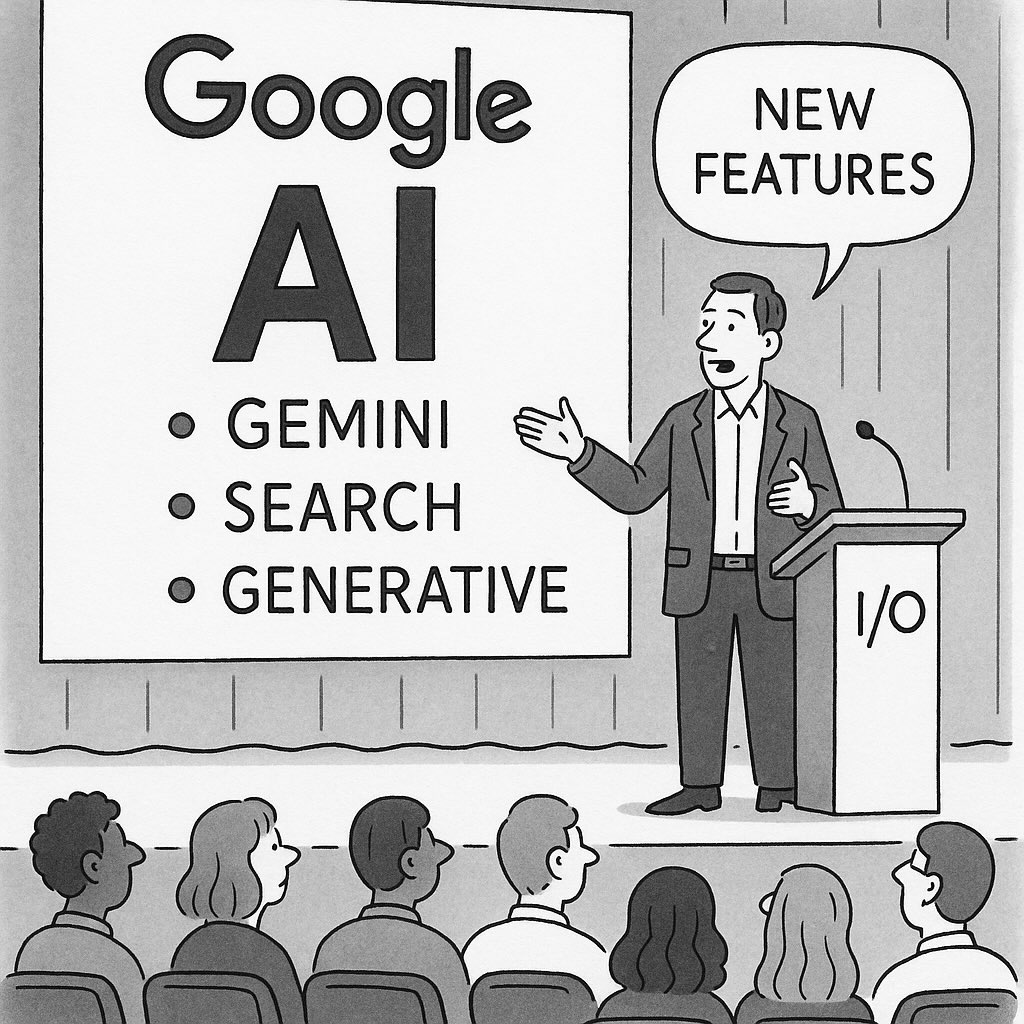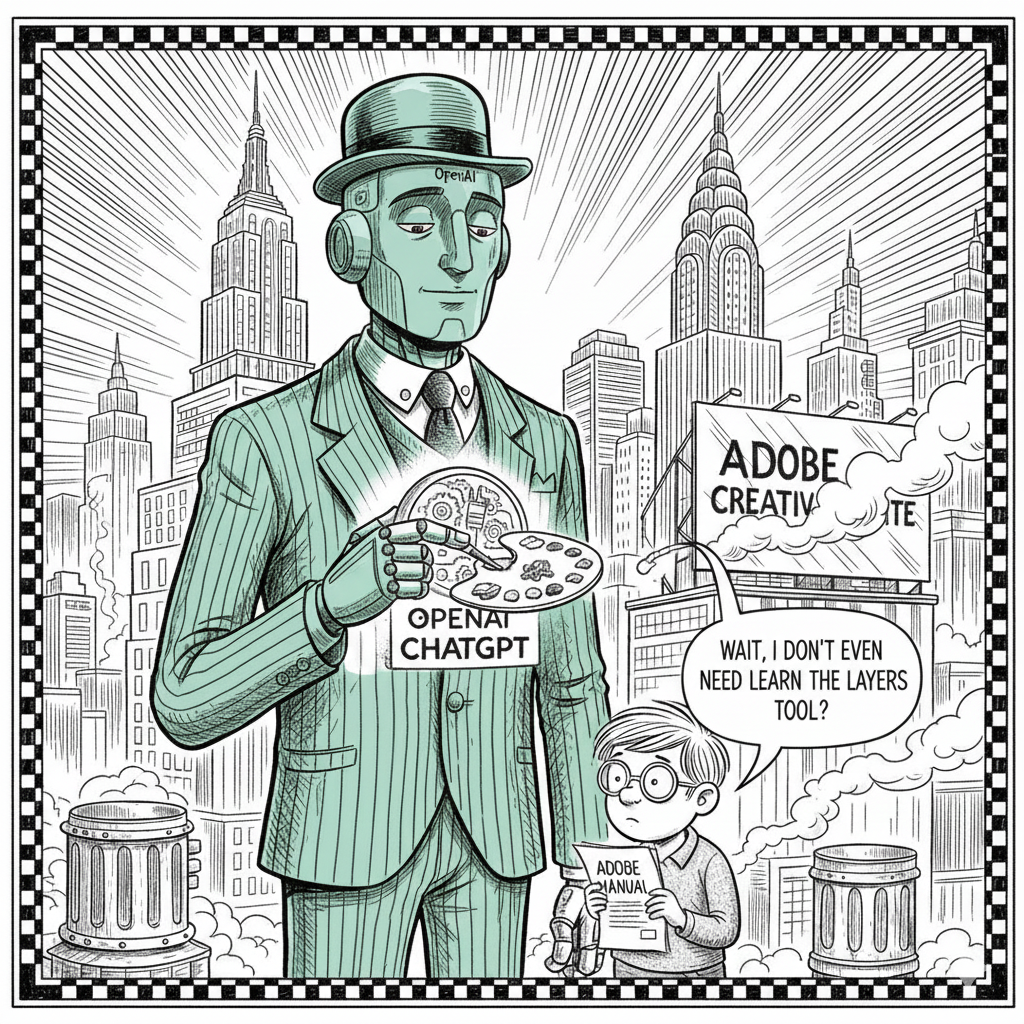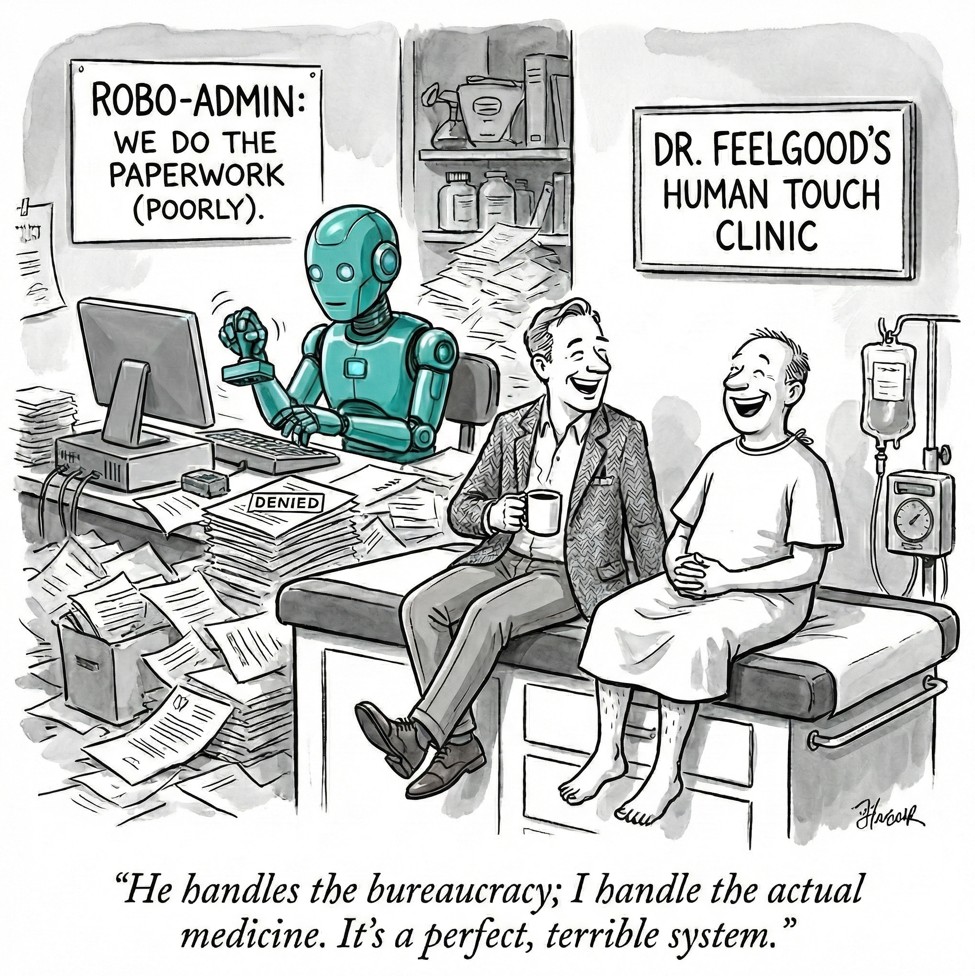OpenAI Introduces Codex: A Leap Forward in AI-Powered Software Development
OpenAI has officially unveiled Codex, a powerful AI coding agent integrated into the ChatGPT platform.
Announced on May 16, 2025, this launch marks a pivotal moment in the evolution of AI-assisted software engineering and underscores OpenAI’s intent to move from general-purpose AI tools to domain-specialized systems that directly enhance professional workflows.
A Collaborative AI Partner for Developers
Codex is not just another code completion tool—it’s positioned as a virtual teammate for developers. Built to assist throughout the software development lifecycle, Codex can generate code from natural language prompts, explain existing code, find bugs, write tests, and interact directly with Git repositories like GitHub. These capabilities are aimed at automating repetitive, error-prone, and time-consuming development tasks.
What sets Codex apart is its ability to handle multi-step tasks autonomously. Codex can execute operations in a secure sandboxed environment, manage several tasks in parallel, and interact with codebases directly—ushering in the era of agentic AI. This means developers may begin to dispatch agents for specific goals instead of manually writing every line of code, shifting the paradigm of software creation toward high-level orchestration rather than granular execution.
The Tech Behind Codex
Codex is powered by codex-1, a specialized version of OpenAI’s powerful o3 reasoning model. This tailored model is optimized specifically for the nuances of software engineering—prioritizing code clarity, maintainability, and fidelity to developer instructions.
All tasks performed by Codex occur in a sandboxed cloud environment, ensuring user safety by isolating code execution from local machines. Codex’s architecture is designed to support parallel execution, allowing it to simultaneously assist with multiple development tasks, which can dramatically improve productivity and reduce bottlenecks in team workflows.
Despite these capabilities, OpenAI acknowledges the black-box nature of AI-generated code. To mitigate risk, Codex includes features like code explanation and transparent sandbox execution. However, long-term confidence in AI-assisted coding will likely require further improvements in explainability, robust validation frameworks, and possibly new conventions for code review and testing.
Rollout Strategy and Access
Codex is launching in research preview through a phased rollout. Initially, it is available to subscribers of ChatGPT Pro, Team, and Enterprise plans at no additional cost—albeit with usage limits that are expected to be introduced soon. After that, users will have the option to purchase additional credits for expanded usage.
In the coming weeks, OpenAI plans to expand access to ChatGPT Plus and ChatGPT Edu subscribers. This staggered approach allows OpenAI to collect real-world usage data from experienced developers, refine Codex’s capabilities, and ensure reliability before releasing it more broadly.
Redefining Developer Roles
OpenAI has been careful to present Codex as an augmentative tool, not a replacement for developers. The company envisions Codex handling the heavy lifting of boilerplate code, debugging, and documentation so developers can focus on architecture, innovation, and problem-solving.
However, this evolution could shift the skills required of engineers. Future developers may spend less time writing code and more time designing systems, managing AI agents, and verifying AI-generated output. Skills in prompt engineering, validation, and AI orchestration could become essential, while smaller teams could potentially accomplish far more with Codex-powered assistance.
Competitive Landscape and Future Outlook
Codex enters a market where major players and startups alike are racing to integrate AI into development tools. What distinguishes OpenAI’s approach is its broader strategic ecosystem, encompassing other AI agents like Operator and Deep Research, and its recent $3 billion agreement to acquire Windsurf (formerly Codeium), a coding-focused AI startup.
Looking forward, OpenAI plans to release a Codex API and unify the experience between ChatGPT and the Codex Command Line Interface (CLI). This will enable developers to integrate Codex seamlessly into IDEs, CI/CD pipelines, and other development environments—cementing OpenAI’s foothold in the developer tools ecosystem.
Final Thoughts
OpenAI’s Codex is more than a coding assistant—it’s a strategic platform play. By embedding advanced coding capabilities into ChatGPT and building integrations for CLI and future APIs, OpenAI is laying the groundwork for a developer-centric ecosystem powered by intelligent agents.
Codex addresses critical pain points in modern software development while also nudging the industry toward a new model—where human engineers guide intelligent collaborators. As access expands and capabilities evolve, Codex is poised to reshape not only how software is built, but also how developers think about their work and their role in the software creation process.
If Codex succeeds, it won’t just write code—it could redefine the future of software development itself.
